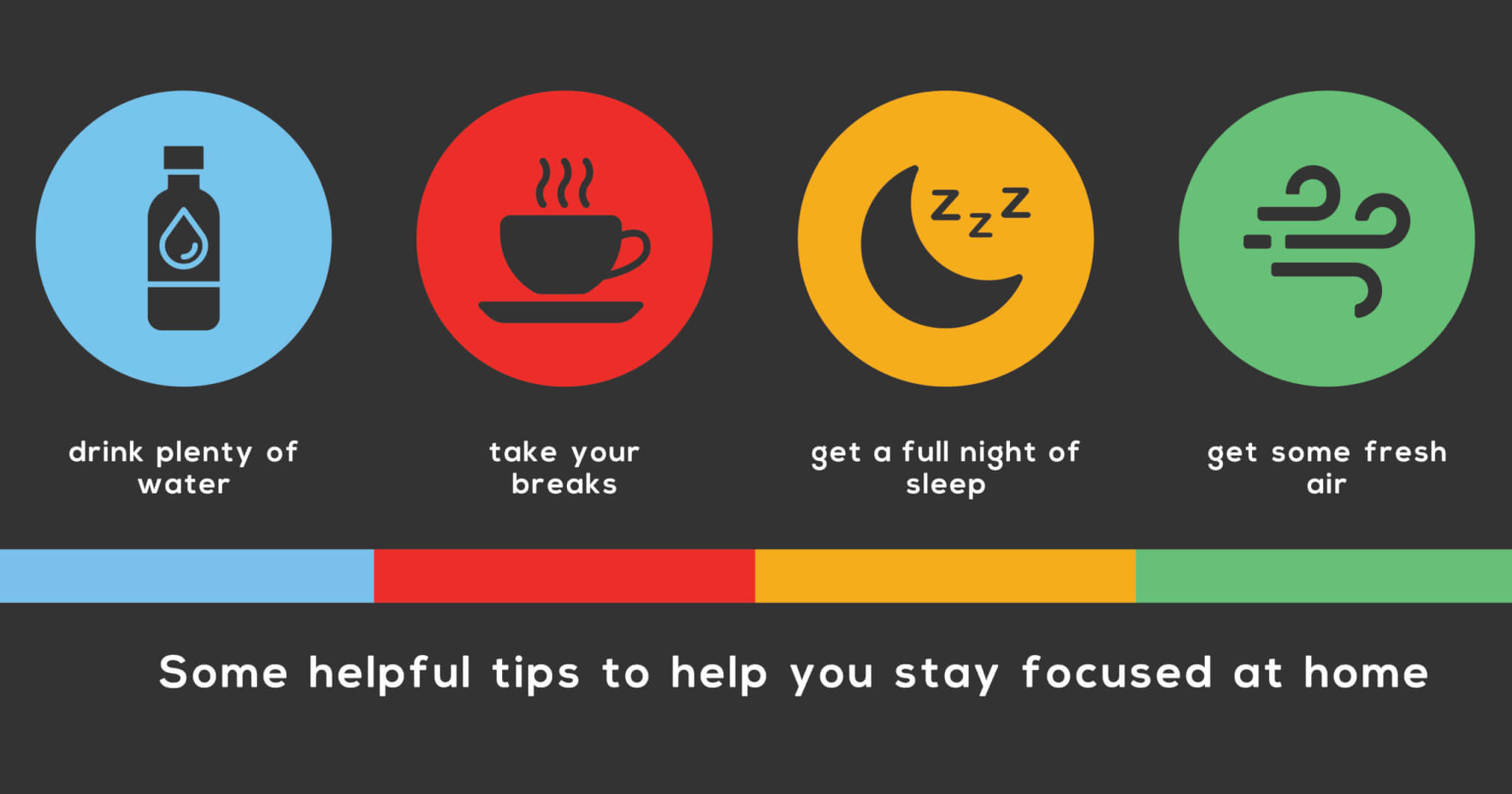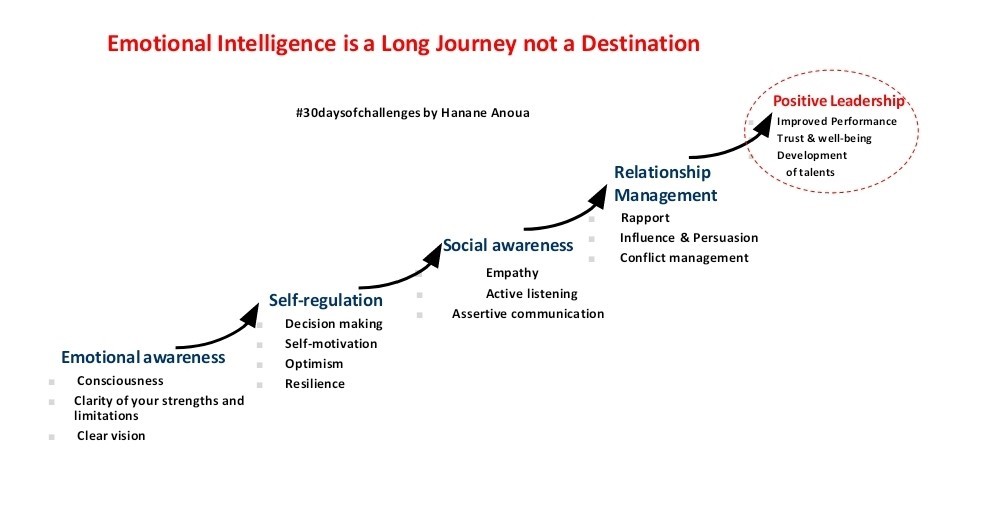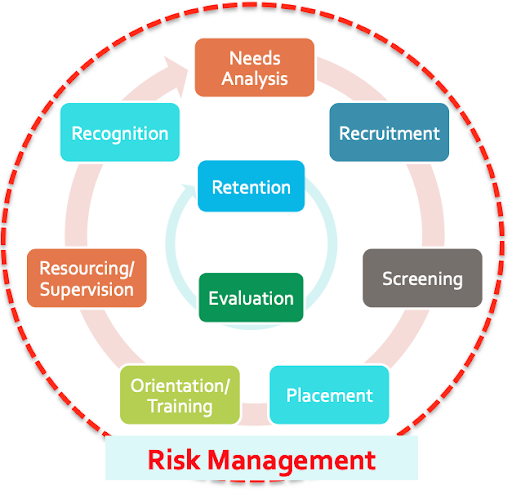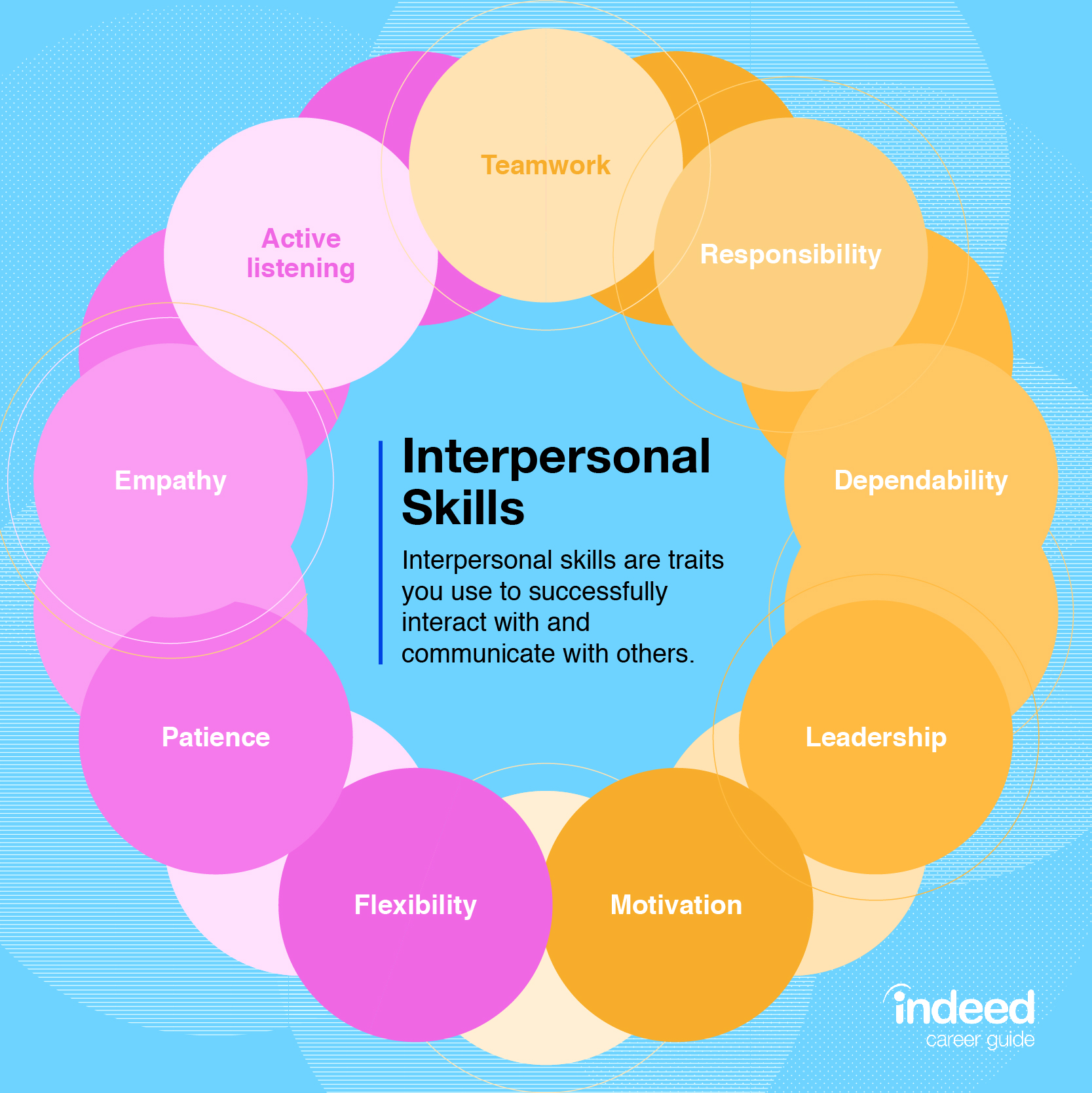Harnessing Your Inner Resilience – How To Manage Stress and Thrive
In today’s fast-paced world, stress has become an inevitable part of our lives. From work pressures to personal issues, it’s easy to feel overwhelmed and drained. However, the key to navigating these challenges lies within us – in our ability to harness our inner resilience. By developing effective stress management techniques, we can not only cope with stress but also thrive in the face of adversity. In this blog post, we will explore practical strategies to help you build resilience and manage stress in a healthy way.
1. Cultivate a Positive Mindset: Adopting a positive mindset is crucial for resilience. Focus on the opportunities rather than the obstacles. Practice gratitude and self-compassion. Engage in positive self-talk to reframe negative thoughts and beliefs.
2. Prioritize Self-Care: Taking care of yourself is essential for maintaining resilience. Nurture your physical, mental, and emotional well-being. Get enough sleep, eat nutritious meals, and engage in regular exercise. Make time for activities that bring you joy and relaxation, such as hobbies or spending time in nature.
3. Develop Strong Support Networks: Surround yourself with supportive and positive people. Build meaningful connections with friends, family, or support groups. Share your thoughts and feelings with them, seek their guidance, and offer support in return. Strong support networks provide a crucial buffer against stress and promote resilience.
4. Practice Mindfulness and Meditation: Mindfulness and meditation are powerful tools to manage stress and enhance resilience. Regular practice helps you stay grounded and present, enabling you to cope with challenges more effectively. Dedicate a few minutes each day to mindfulness exercises or meditation techniques like deep breathing and visualization.
5. Set Realistic Goals and Manage Time Effectively: Setting realistic goals helps you maintain a sense of control and accomplishment. Break large tasks into smaller, manageable steps. Prioritize tasks and use strategies like time blocking to ensure proper time management. Organizing your time effectively alleviates stress and increases productivity.
6. Adopt Healthy Coping Mechanisms: Avoid unhealthy coping mechanisms like excessive alcohol consumption or sedentary behaviors. Instead, embrace healthy strategies such as engaging in hobbies, practicing relaxation techniques, or seeking professional help when needed. Learn to identify and manage stress triggers proactively.
7. Enhance Problem-Solving Skills: Improving your problem-solving skills empowers you to handle stressful situations more effectively. Break down problems into smaller parts, identify possible solutions, and evaluate their pros and cons. Tackle issues one step at a time and stay open to alternative solutions.
8. Embrace Resilience-Boosting Activities: Engage in activities that foster resilience, such as journaling, creative expression, or engaging in acts of kindness. Reflecting on your experiences and personal growth enhances self-awareness and resilience.
9. Seek Professional Help if Needed: It’s important to seek professional help if stress and resilience challenges become overwhelming. Mental health professionals can provide guidance, therapy, or interventions tailored to your specific needs. Don’t hesitate to reach out when necessary.
Remember, building resilience takes time and practice. Each person’s journey is unique, so find what works best for you. By harnessing your inner resilience and learning to manage stress effectively, you can thrive in all areas of your life. Prioritize self-care, develop a positive mindset, and seek support when needed. Embrace the power within you to thrive even in the face of adversity. Start your journey toward a resilient life today!











